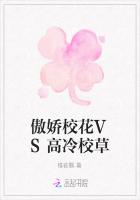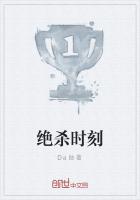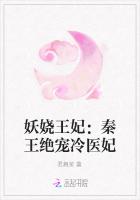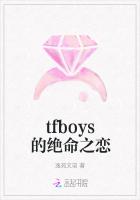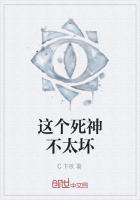As the Shanghai Expo draws to a close, many have been left wondering what, if anything, has been achieved. For foreign visitors, the Expo offered a rare glimpse of how China views the world. But how did the world view China?
By Stephen George
The passenger to the left of me offered a brutal assessment; it was, he explained, nothing more than “a circus.” A balding American businessman in his late-40s, he was, it quickly transpired, not referring to the airline’s service. Like many of us aboard the late-night flight from Shanghai to Beijing, this gentleman was returning from a trip to the Shanghai Expo.
Love it, or hate it, the Expo elicits a peculiar, often strongly emotive response from foreign visitors. Yet, of the 70 million people expected to visit the “World Exposition” by the time it closes at the end of October, only a fraction, perhaps as little as several thousand, will have been non-Chinese. Such a small proportion of the overall visitor figures suggests a lack of interest among the international community, and in some respects this is no doubt true. But despite claims made by the event’s organizers, the Shanghai World Expo was never really intended for the world, in fact, it was arguably designed with the very opposite in mind.
Not Looking in, Looking Out
The history of the Expo is as convoluted as it is long. Unlike the Olympics, that other vast global spectacle recently held in China, the Expo has no claims to an esteemed lineage, nor is it helmed by some near-sacrosanct organizing committee. Instead it was fashioned from a complex nest of imperialism, consumerism and good old-fashioned showmanship.
The first ever Expo, held in London in 1851, was housed in the purpose built Crystal Palace, a sort of huge physical paean to the extraordinary might of industrial Britain. As Charlotte Bront? wrote at the time, “Its grandeur does not consist in one thing, but in the unique assemblage of all things,” it was the Empire in miniature, an easily traversable journey through the wonders of a varied and seldom visited world.
The razzmatazz of this first Expo, the by-product of its continual need to entertain, alluded to something more profound, an idea, however vague, of knowledge. A precursor to the Internet, the Expo attempted to connect peoples, cultures and languages. This em-pirical drive to categorize, list and define the world has been at the very heart of the Expo ever since. But in a post-Google age of cheap air-travel and global economics, is it really necessary?
According to Seppe Van Grieken, a Belgian film-maker who, for the last three-months, has been based permanently on the Expo site, it doesn’t matter that the event is “without meaning,” or that there are “few foreign faces” on site. “The Expo offers the first real opportunity for ordinary Chinese to discover and learn of the world outside China, it’s a physical living map.”
This idea is an important one, especially for a country whose populace is largely unfamiliar with life beyond of its borders. But what happens when it becomes subverted, skewed to favor invisible forces? According to com-ments made recently by Anna Jackson, a curator at London’s Victoria and Albert museum and author of Expo: International Expositions 1851-2010, the Shanghai Expo is nothing more than a “Government and corporation sponsored high-minded theme park.” This view appeared to be shared in varying degrees by the majority of foreigners we encountered while visiting the Expo.





